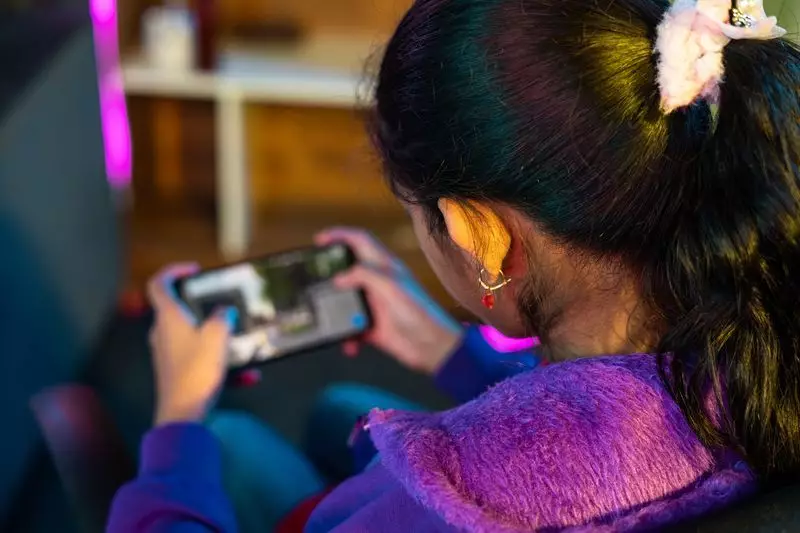
In an unexpected turn of events, Haryana's Director General of Police, Shatrujeet Kapur, found himself at the center of a statewide movement against screen addiction after receiving a peculiar midnight phone call that would change his perspective on digital dependency.
The Accidental Conversation That Started It All
It was past midnight when DGP Kapur's phone rang, breaking the silence of the night. On the other line was not an emergency police matter, but a young child who had accidentally dialed his number while playing with a smartphone. Instead of dismissing the call, the police chief engaged in a brief, heartwarming conversation with the child.
This simple incident sparked a realization about how deeply embedded smartphones have become in children's lives, even during hours meant for rest and family time. The accidental call became a catalyst for what would soon transform into a comprehensive awareness campaign across Haryana.
From Midnight Call to Mass Movement
Rather than treating the incident as a mere inconvenience, DGP Kapur saw an opportunity to address a growing concern affecting families across the state. The Haryana Police launched an extensive campaign focused on educating parents and children about the dangers of excessive screen time and digital addiction.
The initiative emphasizes several key aspects of responsible digital usage:
- Setting healthy boundaries for smartphone and tablet usage
- Creating tech-free zones and times within households
- Encouraging outdoor activities and family interactions
- Monitoring children's digital consumption patterns
- Promoting alternative forms of entertainment and learning
Statewide Implementation and Public Response
Haryana Police has integrated this awareness campaign into their community outreach programs, with officers engaging directly with schools, parent-teacher associations, and local communities. The campaign leverages the credibility and reach of the police force to deliver a crucial message about digital wellness.
Early responses from parents and educators have been overwhelmingly positive, with many acknowledging the need for such interventions in an increasingly digital world. The campaign's unique origin story – stemming from a police chief's personal experience – has made the message more relatable and impactful.
This initiative represents a significant shift in how law enforcement engages with community health issues, demonstrating that police forces can play a vital role in addressing non-traditional challenges affecting modern society.
A Model for Other States
What began as a simple misdial has evolved into a potential blueprint for other states grappling with similar issues of digital addiction among youth. The Haryana model showcases how personal experiences can translate into effective public policy and awareness campaigns.
As screen time among Indian children continues to rise, initiatives like this highlight the importance of collective responsibility in addressing the challenges of the digital age while preserving the essence of childhood and family connections.





